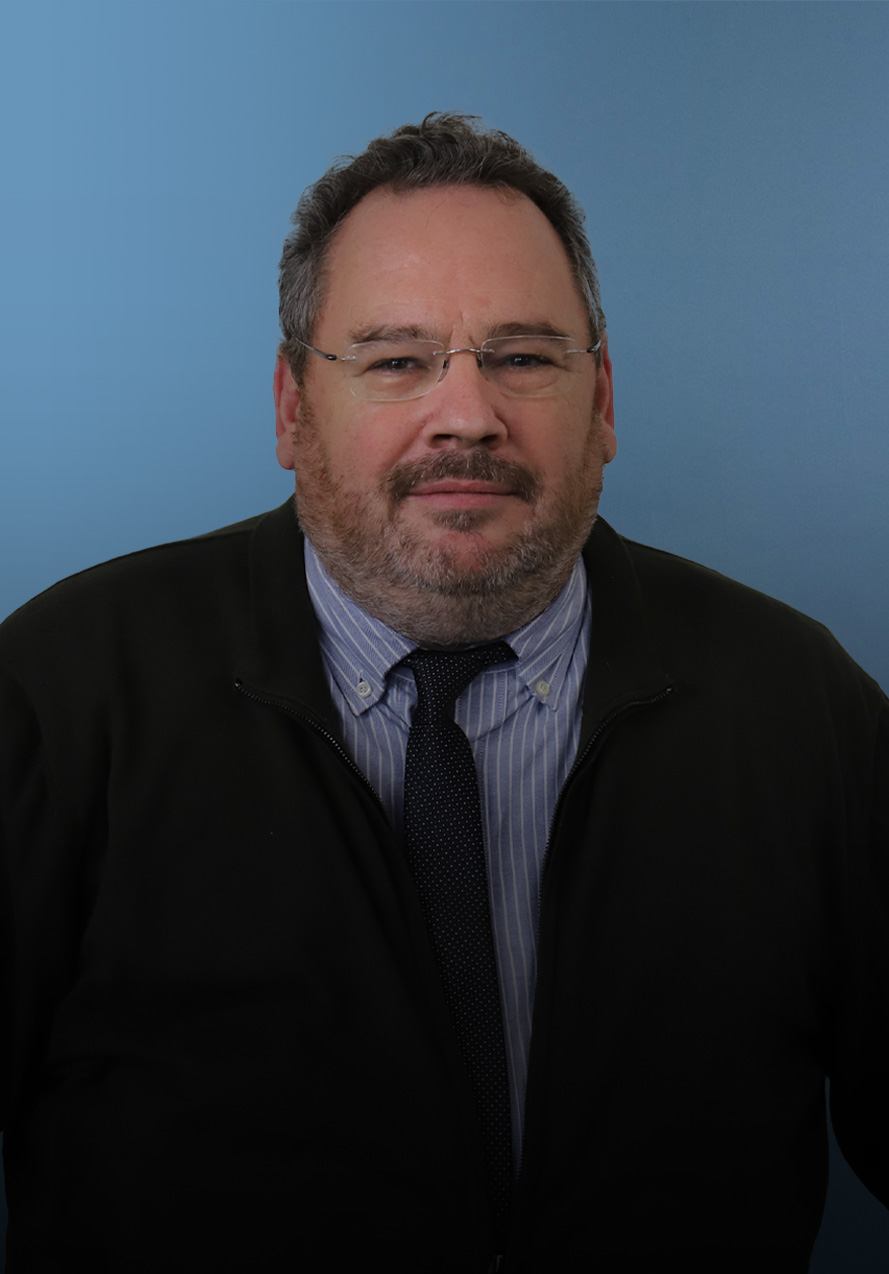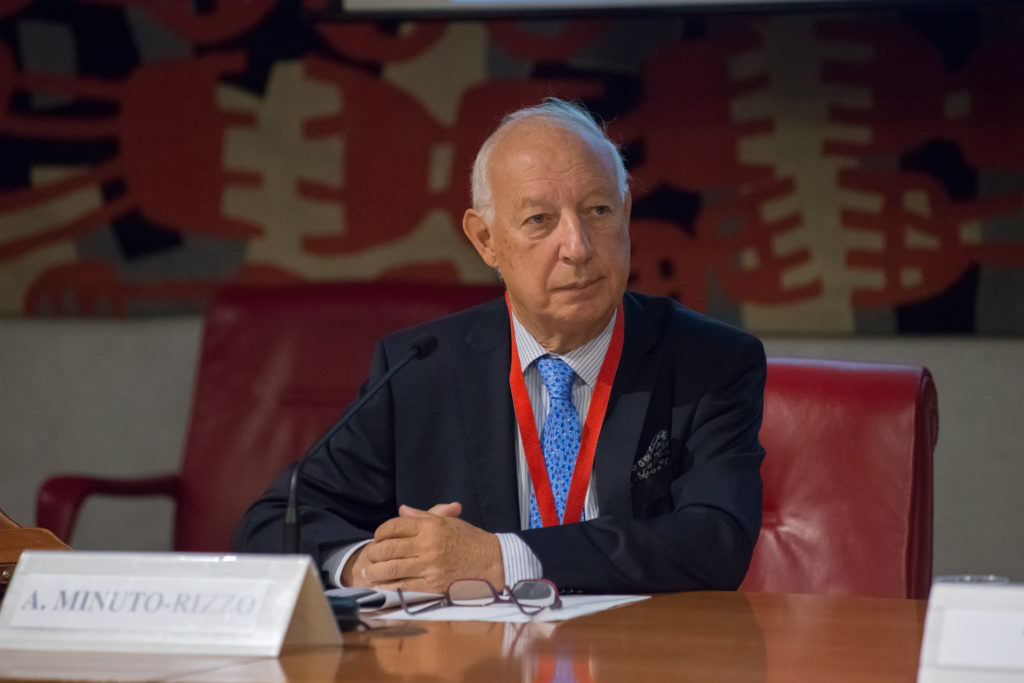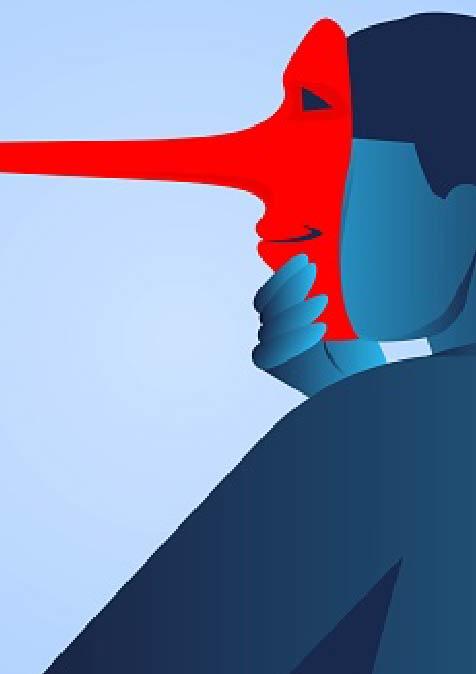When assuming office in 2019, Ursula von der Leyen vowed to be the leader of a “geopolitical commission”, hence apparently marking a turn in the way the European Union (EU) was presenting itself to the rest of the world. Indeed, putting geopolitics at the center of the European Commission’s agenda implied endorsing the role of global player in an international arena marked by intensified competition between rival power centers. The von der Leyen commission thus affirmed its desire to see the EU act both as an innovative and competitive economic actor with a particular emphasis on the green and digital “twin transformations” and as a more active and responsible geopolitical agent willing to engage with the global South, particularly in the Mediterranean and Africa, and supporting a rules-based multinational order to tackle common issues of global relevance. These ambitions were regularly stated in the communications and strategies produced by the Commission and the European External Action Service (EEAS). About two years after covid-19 first erupted, this session will aim at evaluating the von der Leyen’s performance as a “geopolitical commission”. Has Europe achieved to be rebalance its relations with China, for instance in terms of better protecting its companies’ intellectual property and ensuring better access to Chinese public markets? How probable is it that Europe will manage to enforce common industrial, innovation and digital strategies to reinforce its position worldwide in these matters? How likely is it that the EU can achieve the “strategic autonomy” that it has been seeking these past few years, notably in view of the United States’ and NATO’s preeminence in strategic and military issues? In light of the divisions pitting EU Member States against each other, has the EU actually managed to be perceived as a serious geopolitical actor by other power centers (in Africa, Asia and the Middle East)? Can the current Commission succeed where the previous ones seem to have largely failed in the Neighborhood and Africa? How successful has the Commission been as a promoter of multilateralism worldwide? Moderator: Ivan Martin, Senior Fellow, Policy Center for the New South Speakers: - Thomas Gomart, Director, French Institute of International Relations (Ifri), France - Alessandro Minuto-Rizzo, President, NATO Defense College Foundation, Italy












